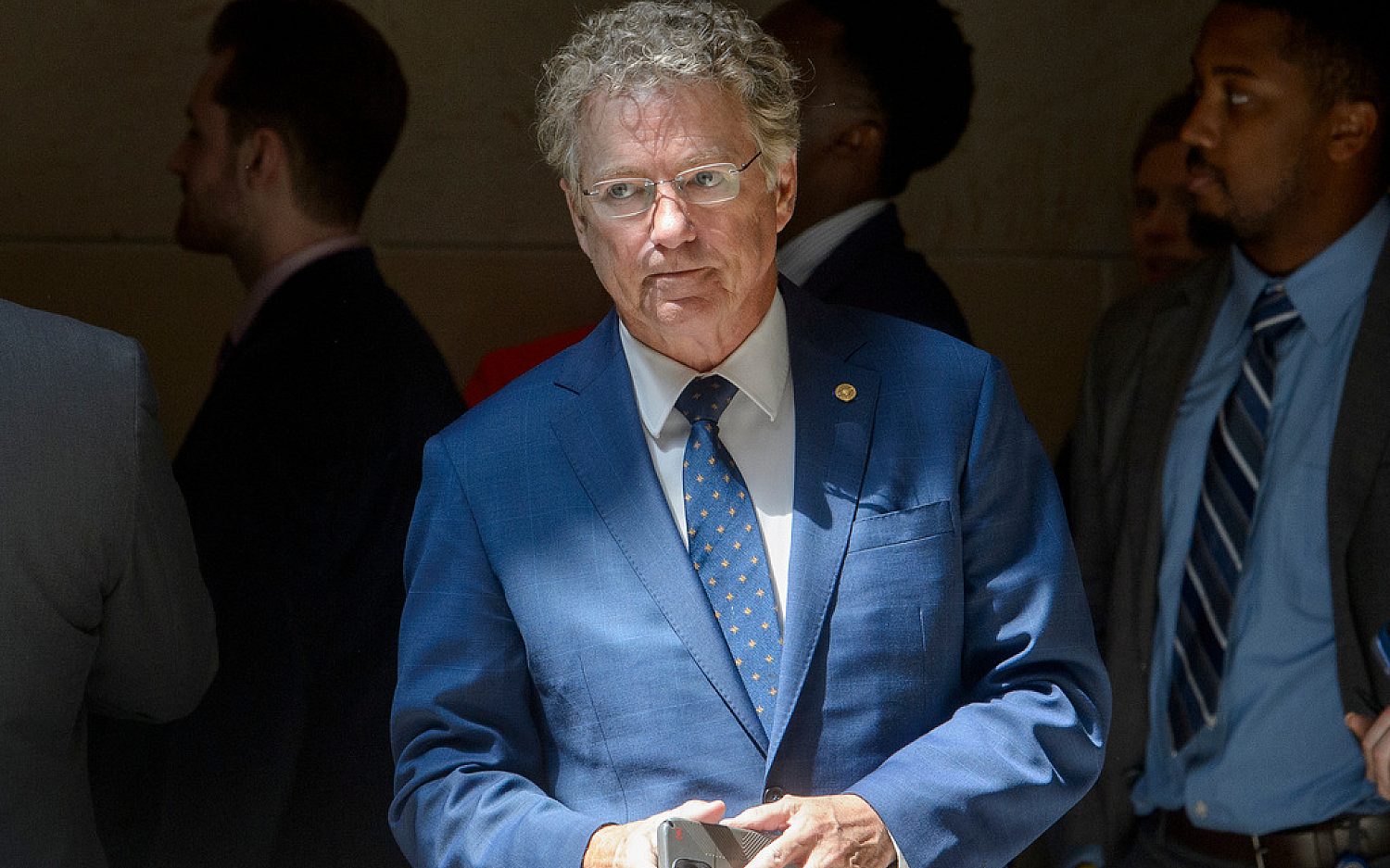Dutch allow euthanasia for dementia patients
The Netherlands continues to loosen regulations for physician-assisted suicide.
Last week, the ministries of Public Health and Security and Justice altered their euthanasia “guide” to allow euthanasia for patients suffering from dementia, even those who are unable to express their wishes, as long as they indicated their intentions while mentally competent.
The Netherlands legalized assisted suicide in 2002, and the extent of legal euthanasia has only grown. In 2004, the Netherlands allowed euthanasia for extremely ill infants and expanded the law in 2013 to legalize euthanasia if the parents felt sufficient distress. In 2015, the Royal Dutch Medical Association announced doctors may stop administering nutrition and fluids to babies if they determine the treatment is medically futile.
Also in 2015, a Dutch appeals court cleared a man who had helped his mother die by overdosing her on medication. According to the court, the man faced either obeying the law (requiring a physician’s assistance) or following his “unwritten moral duty” to help his mother fulfill her wish for a peaceful, painless death.
“The culture of death is like the universe: It never stops expanding,” wrote Wesley J. Smith, senior fellow at the Discovery Institute’s Center on Human Exceptionalism. “Once killing is accepted as an answer to human suffering, there are always new fields for the [culture of death] to inhabit.”
Although the new guide expanded legal euthanasia to dementia patients just days ago, doctors were already euthanizing those patients, according to Alex Schadenberg, executive director of the Euthanasia Prevention Coalition.
In 2014, 81 of the 5,036 euthanizations in the country were for patients with dementia. Adjusting the law to protect doctors from legal action undermines the “safeguard” of requiring the patient’s clear request and consent, Schadenberg explained.
“Who will decide when the lethal injection should be done? Will it be determined that some lives are not worth living?” Schadenberg wrote.
The new guide states dementia patients often don’t appear to suffer unbearably, but may endure severe anxiety and pain. At that point, a doctor may legally euthanize the patient, but only if the patient wrote a request while still mentally competent.
But the logic behind allowing euthanasia for dementia patients is more sinister than alleviating suffering, according to Smith.
“Protective guidelines aren’t meant to really protect, but give false assurance,” he wrote. “Alzheimer’s often causes loved ones and medical personnel more suffering than the patient. … How tempting it will be for the MD to put the patient out of the family’s misery or society’s, given the cost of care.”
An actual newsletter worth subscribing to instead of just a collection of links. —Adam
Sign up to receive The Sift email newsletter each weekday morning for the latest headlines from WORLD’s breaking news team.




Please wait while we load the latest comments...
Comments
Please register, subscribe, or log in to comment on this article.